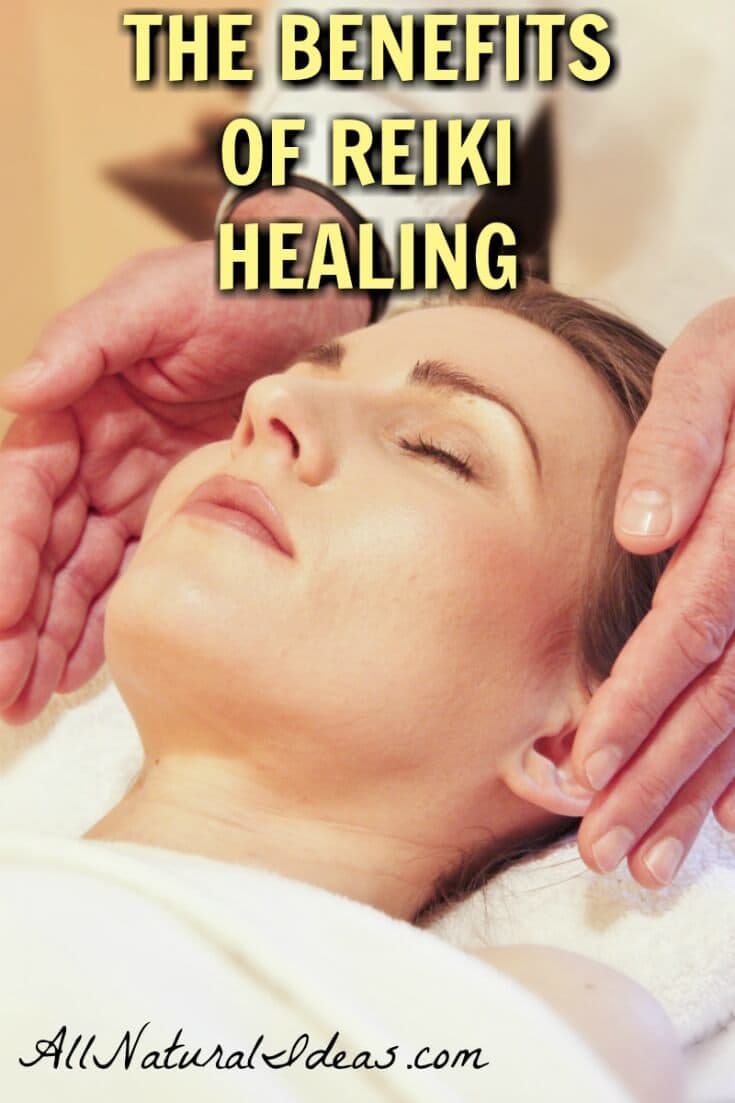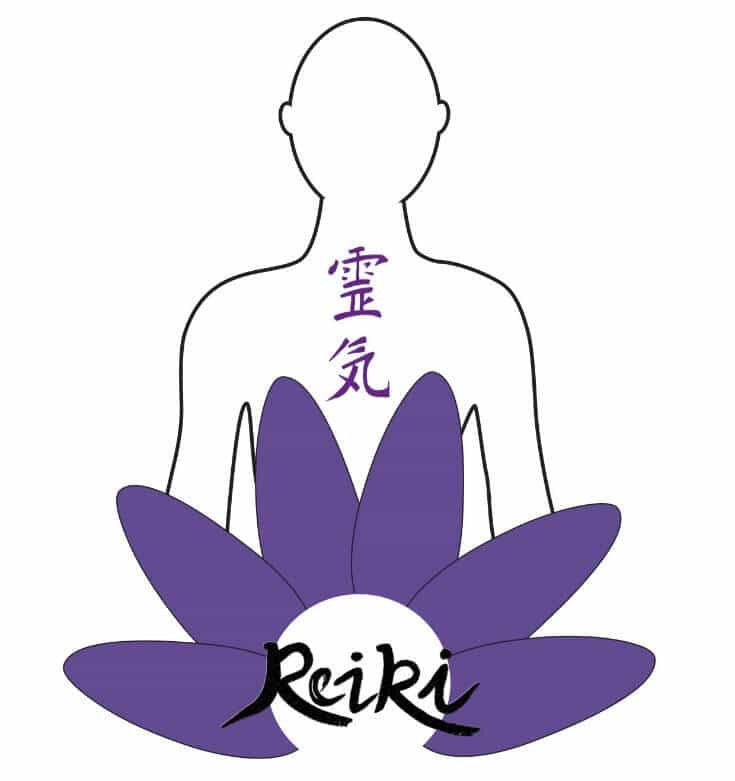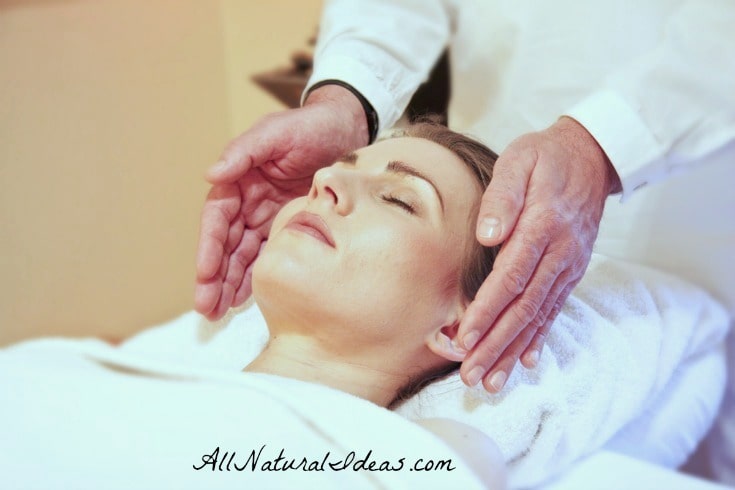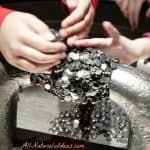The benefits of reiki healing treatment include reduction of pain, tension, anxiety and stress. These benefits can improve the quality of life for patients.

Reiki is a subtle but very effective form of healing. This healing technique from Japan might not look like it works to some people. That’s because the person giving the healing uses very light touch.
Sometimes, the energy worker doesn’t even make contact with the person receiving the treatment at all! Still, reiki appears to have many benefits and uses. The benefits of reiki healing treatment may involve physical, spiritual and emotional/mental healing.
Let’s take a look at some of the benefits and uses of reiki, including some medical literature that analyzes reiki’s efficacy.
Alternative therapy gaining acceptance
Massage, acupuncture and other healing arts are thousands of years old. However, reiki is relatively new. The reiki system of healing was only invented in the early 20th century. But, it may be based upon ancient methods.
The benefits of reiki healing treatment are increasingly recognized by mainstream health care centers in the U.S. According to the Center of Reiki Research, at least 15% of U.S. hospitals (over 800 hospitals) offered Reiki as a regular, complementary form of palliative care.
Some of the most common benefits of reiki healing treatment include:
- Pain management
- Improved sleep
- Reduce stress and anxiety
- Better mood
Does Research Support the Benefits of Reiki Healing Treatment?
One hospital in Connecticut, Hartford Hospital, reported that Reiki was beneficial. It was shown to improve patient sleep by 86 percent, reduced pain by 78 percent, reduced nausea by 80 percent, and reduced anxiety during pregnancy by 94 percent.
The Center for Reiki Research summarized 25 Reiki studies published in peer-reviewed journals. Over 80 percent of the studies show at least moderate or strong evidence that Reiki is an effective form of therapy.
Let’s take a look at some of the research that supports Reiki…
Reiki Uses & Benefits: Reduced Pain in Cancer Patients
A study published in Clinical Journal of Oncology Nursing analyzed the effects of yoga, massage, and Reiki in a cancer resource center on 150 patients’ sense of personal well-being. The study concluded: “All three services helped decrease stress and anxiety, improve mood, and enhance cancer center patrons’ perceived overall health and quality of life in a similar manner. Reiki reduced the pain of patients with cancer to a greater extent than either massage or yoga.”

Reiki Uses & Benefits: Reduced Anxiety in Children with Terminal Conditions
The American Journal of Hospice & Palliative Care reported that pain may be experienced by one-half to three-fourths of children with terminal illnesses such as cancer. One-third of the children report feeling anxiety. The researchers wanted to study alternative forms of therapy for the well-being of the children because “Pharmacologic methods do not always give satisfactory symptom relief. Complementary therapies such as Reiki may help children manage symptoms.”
Though the study was small in participants, it did warrant further research on a larger group of children with terminal illnesses. The researchers concluded: “Reiki therapy did decrease pain, anxiety, heart, and respiratory rates … This preliminary work suggests that complementary methods of treatment such as Reiki may be beneficial to support traditional methods to manage pain and anxiety in children receiving palliative care.”
Reiki Uses & Benefits: “Weaning” off Intensive Care Treatment
Spanish researchers wanted to test reiki’s ability to help wean patients off intensive care practices and equipment, such as intubation and ventilation support. Some patients have lots of anxiety about the withdrawal process and full healing may prove difficult.
The study assessed if reiki was effective in reducing: the number of days required with mechanical ventilation; length of stay in the ICU; amount of sedatives and antipsychotic medication.
The conclusion: “Reiki reduces the agitation of patients.” The 256 study participants that received reiki treatments were able to reduce the number of days of mechanical ventilation, length of stay, and receive lower doses of sedatives.
Reiki Uses & Benefits: Post-Surgery Recovery
Researchers who conducted this study, published in Nursing, were interested in examining reiki as a form of therapy after a knee replacement or reconstruction. This is because in the immediate postoperative period, managing postsurgical pain with pain medication can contribute to complications.
The researchers found that all 43 patients who received Reiki therapy sessions experienced statistically significant reductions in pain (except those who received sessions in a post-anesthesia care unit.)
Reiki Uses & Benefits: Conclusion
Though it may not be as vigorous as a sports massage, reiki may be very effective at reducing pain, tension, anxiety and stress. Further research involving a greater number of participants is warranted based on the success reiki has demonstrated in small group studies.






